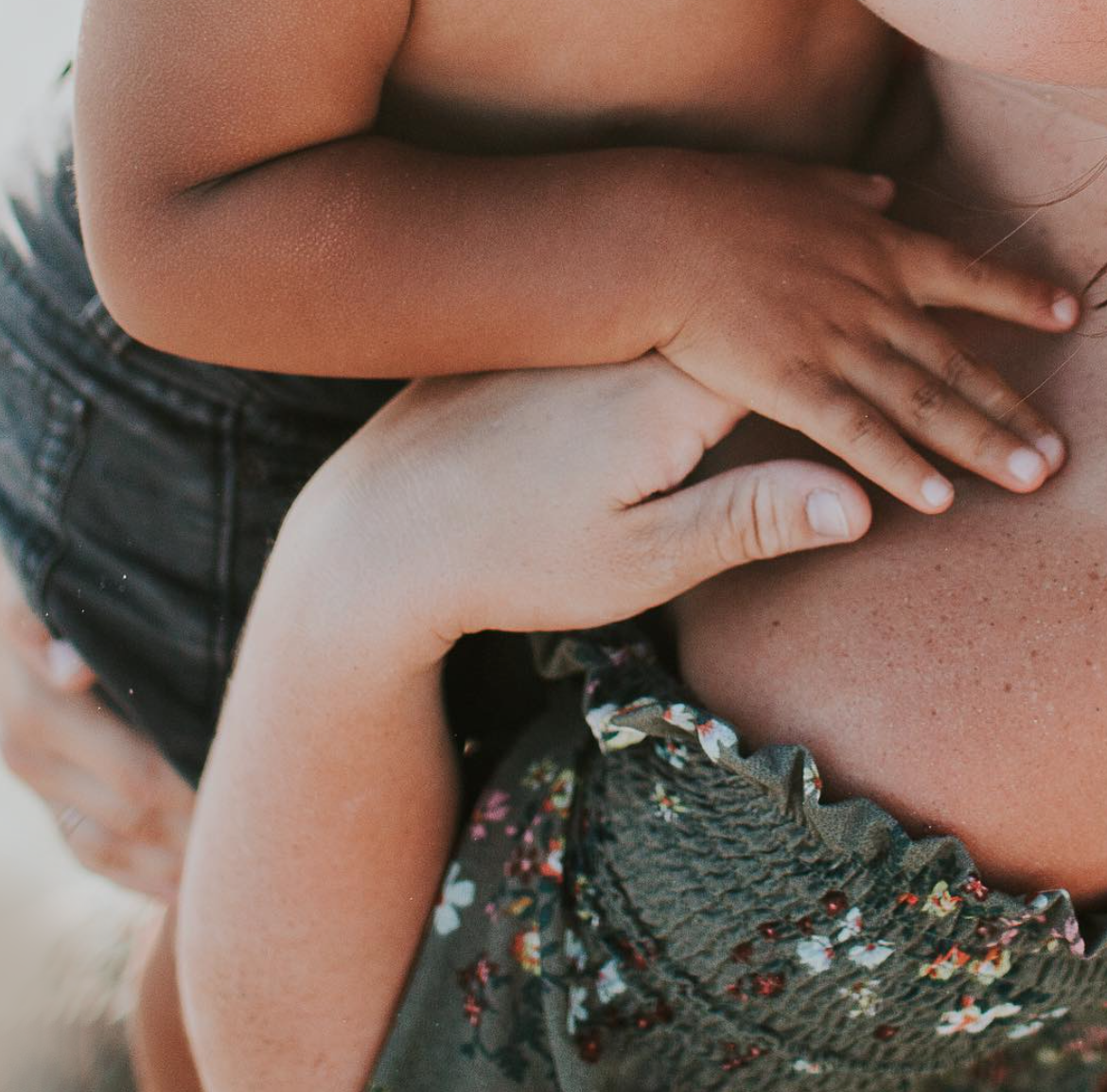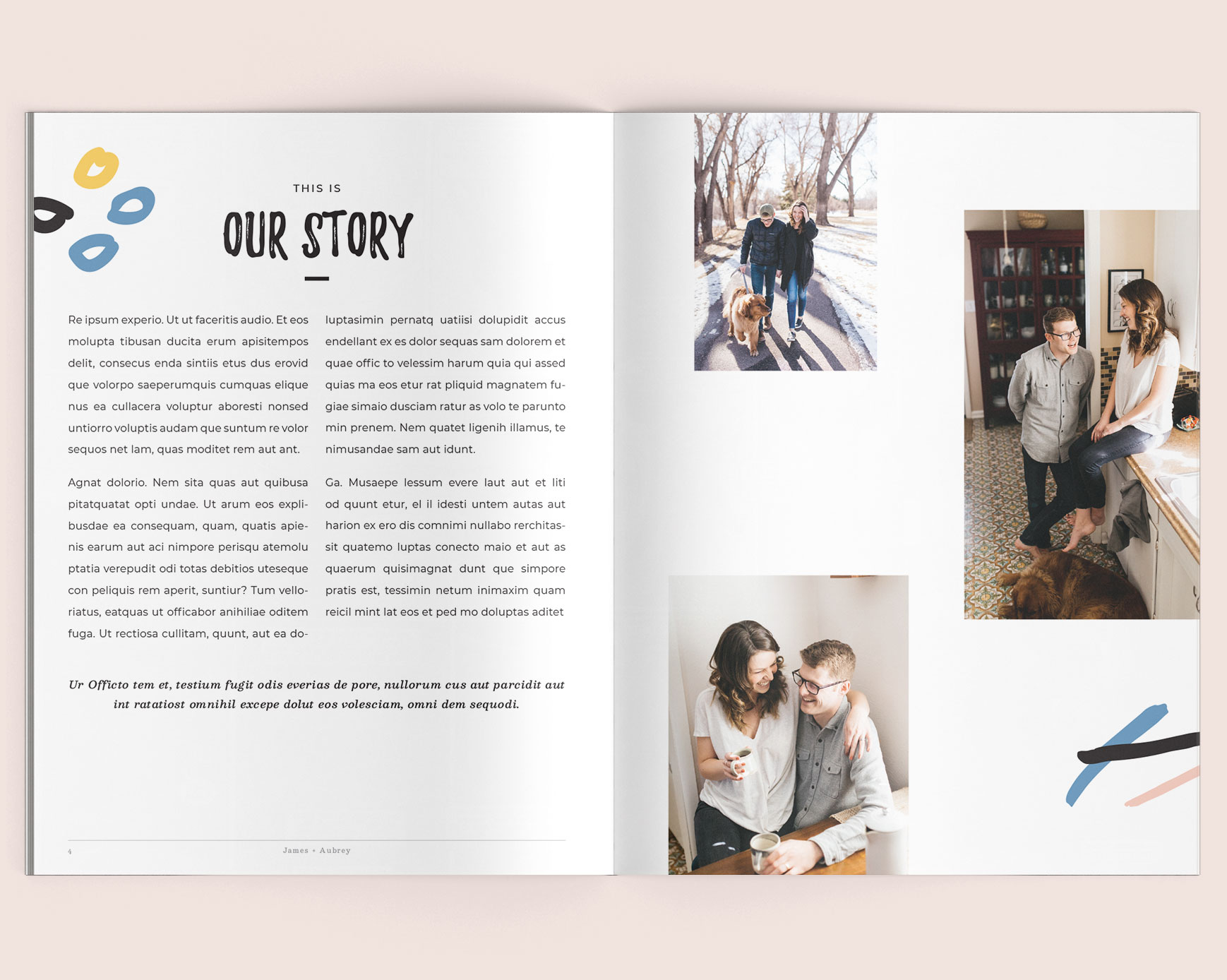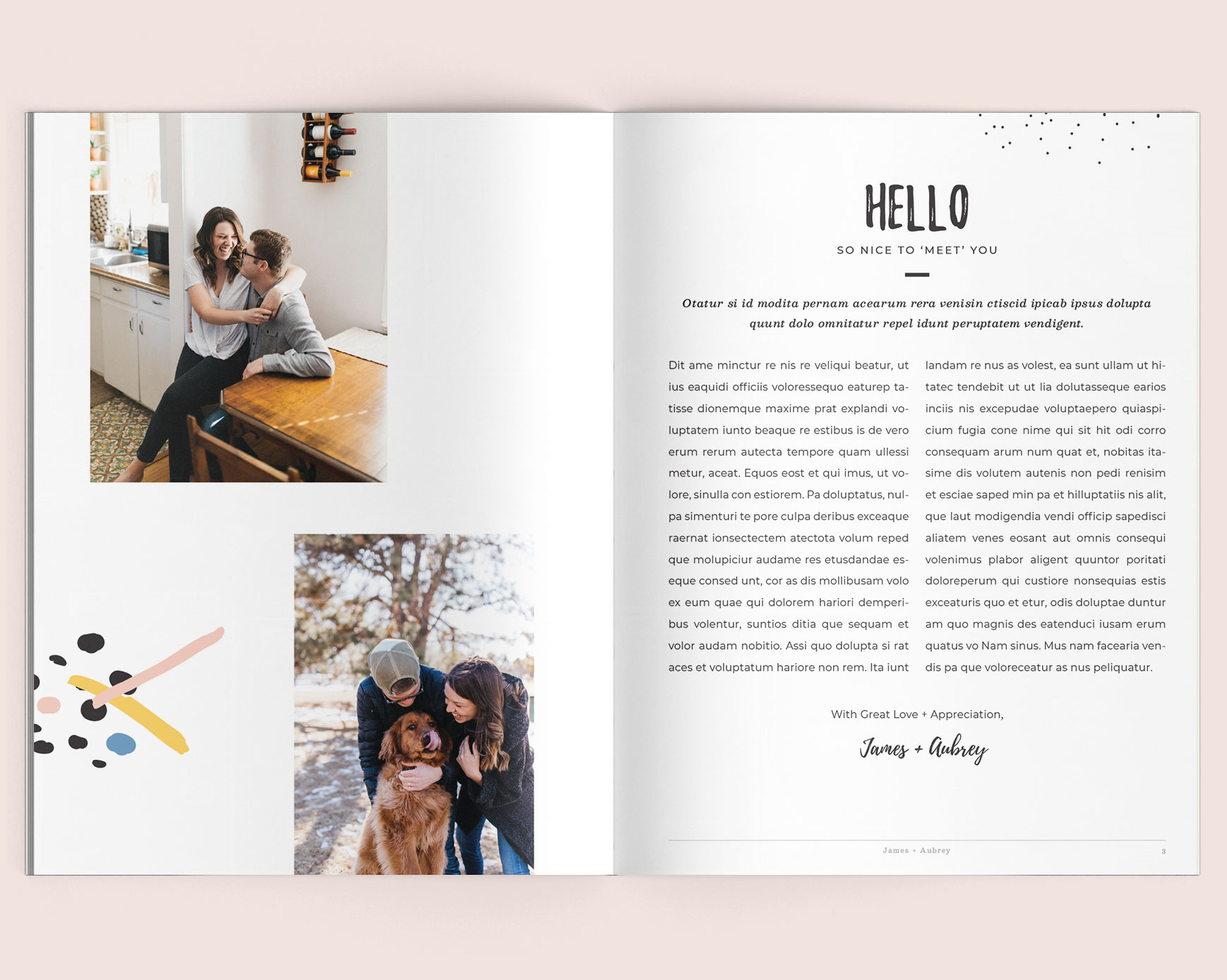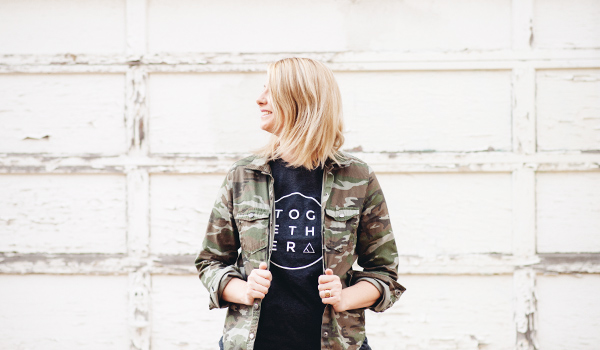Working in adoption has allowed me to expand my perception beyond my own little corner as a birth mom, but not without difficult conversations and lots of soul-searching. I have sat down with birth parents, adoptive parents, and adoptees to sort through their feelings, grief, and confusion. Everyone is in search of support, and many seem to feel as though they are alone on an island with no understanding of why they feel the way they do. One of the most confusing feelings that all parties to the triad seem to experience, is guilt. They are almost always feeling some degree of guilt, but ironically, they are almost never able to identify it. That’s because this heavy guilt is buried under layers of fear, doubt, anxiety, and it can be hard for us to find its origin.
From where does our guilt stem?
It is human nature to search for the root of our pain, and it’s almost always easier to place the blame on someone else. In adoption, there are two other parties to point fingers at when things aren’t going our way.
Many times, adoptive parents feel guilty as they are leaving the hospital. Some voice that the hospital experience didn’t live up to their expectations and it didn’t feel as good as they thought it would to take this new baby home. Some have told me that they wonder if their child’s birthmom would have had more resources and support maybe she wouldn’t have had to make an adoption plan, and in comes guilt. I have also heard that transracial adoption can add different layers of guilt. Some find that they were not as prepared as they thought they were to enter into a transracial adoption. And some have told me that their own fears or myths about birthmoms didn’t add up once they met and built a relationship with their child’s birthmom – this person gives you the most amazing gift you could have ever imagined and in comes more guilt. The guilt that birth parents feel often begins with the choice of placement or the fact that they became pregnant and didn’t have their lives in order soon enough to bring their children home. The guilt of feeling like they could not provide what they should be able to for their child. Lifelong guilt. Adoptees feel guilt too: guilt of feeling like a burden, stepping on birth parent and adoptive parent feelings, and more… but I’ll let them tell you.
The guilt that accompanies adoptive parents and birth parents often continues into the adoption. It plays into our fears; it’s not uncommon for guilt to subconsciously affect us and cause a rift in the relationship. Guilt seems to be present in all adoptions, open and closed alike. Maybe this adoption isn’t the open adoption you dreamed of having. Maybe you’re a birth parent and promises were not kept by the adoptive parents. Maybe as an adoptive parent, you have an adoption where the birth mom is not involved by her own choice, and you go back and forth on what you could have done differently to prevent it, or what you could do now to welcome her back in. So often I see guilt play a destructive role in the way these types of adoptions are carried out. I have seen guilt cause adoptive parents to abandon boundaries quickly because they become reliant solely on emotions to guide their actions. I have seen guilt cause birth parents to abandon their open adoption entirely without warning because they feel like an outsider not worthy of a relationship.
Just because your guilt stems from another side of the triad, does not mean it’s anyone’s fault.
Recognize your guilt, know it’s a valid feeling to have, but never become imprisoned by it. Give yourself a break, know that everyone has felt some form of guilt at some point in this adoption journey. It’s easy to think “You’ve made me feel this way!” However, we are responsible for our own emotions, which includes determining when, if, and how to display them and act upon them. Our actions in this adoption affect our children greatly, so if we have guilt that we feel is stemming from another party in the triad, it’s best to not play the blame game. Sometimes our feelings and circumstances just suck! It’s up to us to pick up and keep moving forward.
If you need something to blame, blame the brokenness that comes with adoption. Adoption is a messy and imperfect adventure. We always see #AdoptionRocks, or #AdoptionIsLove… but #adoptionishard is also the case. Believe it or not, adoption only rocks when the triad gives it their best shot, and adoption is only love because the people within the triad have given love from depths of their hearts and souls. At the end of the day, adoption is a relationship between humans. Real people and real hearts giving it a go, and the fragility of such should never be overlooked. It can often feel like the blind leading the blind out here – so let’s give each other a lot of grace.
Can we fix our guilt? Not always but let’s keep our eyes on the horizon and never forget to keep the child at the center. Be a parent, be a friend, be kind, be empathetic, and be loving.
Written by Kelsey Vander Vliet of From Anotha Motha.
I am a 27-year-old birth mother living in Los Angeles. I placed my son with a wonderful family in May 2016. I decided on open adoption after an abortion procedure miraculously failed. After placing my baby boy, life became tough. I had no worries or doubts about his well-being because I knew I chose the perfect family for him. However, when the grief set in, I was lost and distraught. Ultimately, I chose to pick up the pieces and take a step forward. In my short but continuous experience, I have found that a healthy balance of helping yourself and helping others is abundantly therapeutic.










